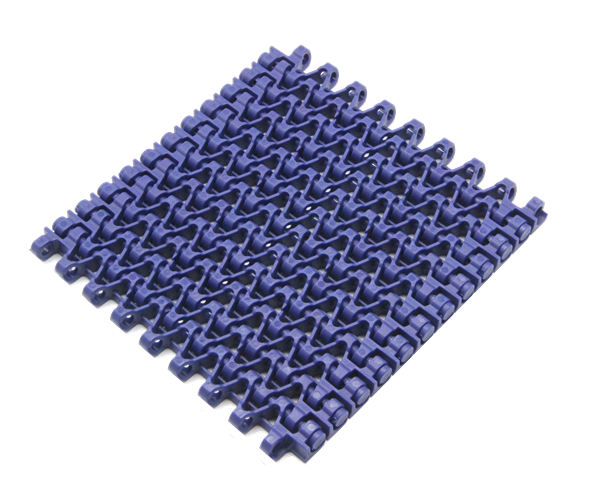How Does Marine Solar Power for Boats Work?
Oct. 08, 2024
# How Does Marine Solar Power for Boats Work?
As boating enthusiasts and marine professionals look for sustainable energy solutions, marine solar power has gained popularity as an effective way to harness renewable energy for various applications on water. Understanding how marine solar power works helps boat owners maximize efficiency and enhance their on-board experience. This article will delve into the essential components and features of marine solar power for boats, providing insights into its functionality and advantages.
## The Basics of Marine Solar Power Systems.
Marine solar power systems typically consist of solar panels, a charge controller, batteries, and an inverter. The solar panels capture sunlight and convert it into direct current (DC) electricity. High-quality marine solar panels are designed to withstand harsh ocean conditions, including saltwater corrosion and UV exposure. They’re often made with durable materials like tempered glass and anodized aluminum frames to ensure longevity.
## Charge Controllers: Regulating Energy Flow.
Once the solar panels produce electricity, the next component in the system is the charge controller. This device plays a crucial role in regulating the flow of energy from the solar panels to the batteries. It prevents overcharging, which can damage batteries, and ensures efficient energy transfer. On-demand monitoring features in modern charge controllers enable boat owners to track battery health and solar production, optimizing their energy consumption patterns.
## Energy Storage: The Role of Batteries.
Batteries serve as the backbone of any marine solar power system, storing the energy generated by solar panels for later use. Marine-grade batteries, designed specifically for the demands of life on water, offer advantages such as resistance to vibration and deep cycling. Lithium-ion batteries are increasingly popular due to their high energy density, longer lifespan, and quicker charging cycles compared to traditional lead-acid batteries. This storage capability ensures that boat operators have a reliable power source for navigation, lighting, and other onboard amenities.
## Inverters: Converting DC to AC Power.
Featured content:4 Tips to Select a Quality Marine Sanitation Hose for Your Boat's Toilet
Production Process and Precautions of Butyl Rubber Stoppers
10 Questions You Should Know about Slurry Pump Selection
The Advantages of Implementing Copper Electrical Connectors for High-Voltage Systems
2024 Guide to Stainless Steel Corrugated Expansion Joint for Water Treatment System
Exploring the Diversity of Rubber Stoppers in Pharmaceuticals
What Are Polyurethane Quarries Panels and Their Benefits?
For many marine appliances and devices, alternating current (AC) power is required. Inverters are crucial for converting the stored DC electricity from the batteries into AC power. Quality inverters provide a seamless transition, allowing boaters to use household-style appliances without worrying about compatibility. Many modern inverters also include built-in safety features to protect against overloading and short circuits, increasing reliability for everyday use on the water.
## Versatility in Applications.
The versatility of marine solar power systems enables boat owners to utilize renewable energy for a variety of applications. From powering navigation systems and lights to running refrigeration units and entertainment devices, solar energy can significantly reduce the reliance on fossil fuels. This not only offers cost savings in fuel but also decreases the environmental impact of boating activities, making it an attractive option for eco-conscious sailors.
## Future Trends in Marine Solar Technology.
As technology evolves, the efficiency and capabilities of marine solar power systems continue to improve. Emerging trends include more efficient solar panel designs, advances in battery technology, and smart grid integrations, which allow for enhanced energy management. Additionally, increased public awareness and demand for sustainable practices in boating will likely drive further innovations in this field.
## Conclusion: Embrace the Solar Future.
In summary, marine solar power systems operate through a combination of solar panels, charge controllers, batteries, and inverters, providing an efficient means of harnessing renewable energy for boats. The benefits of using marine solar power range from cost savings to less environmental impact, appealing to a wide array of boat owners. As we move towards a more sustainable future, adopting marine solar technology may be an indispensable step in modern boating practices. Explore your options today and consider integrating solar power into your boating experience for a cleaner, greener adventure on the water.
Are you interested in learning more about Marine sanitation hose for marine toilets, marine fuel hose Supplier, China Boat cooling hose supplier? Contact us today to secure an expert consultation!
Featured content:What Are Dredge Suction Hose Benefits?
How to choose the right expansion joint?
Ultimate Guide to ODM Hydraulic Rubber Hose Selection
Are Your Pu Screen Panels Lasting Long Enough for Your Needs?
Everything You Need to Know About PU Screen Panels Today
Essential ODM PTFE Corrugated Hose Services Explained
Essential Guide to Food Grade Rubber Hoses for Safety
60
0
0
Related Articles
-
42
0
0
-
49
0
0
-
61
0
0
-
51
0
0
-
42
0
0
-
22
0
0
-
19
0
0
-
25
0
0




Comments
All Comments (0)